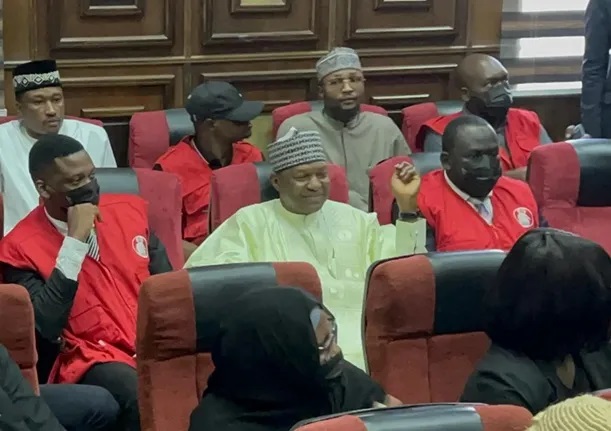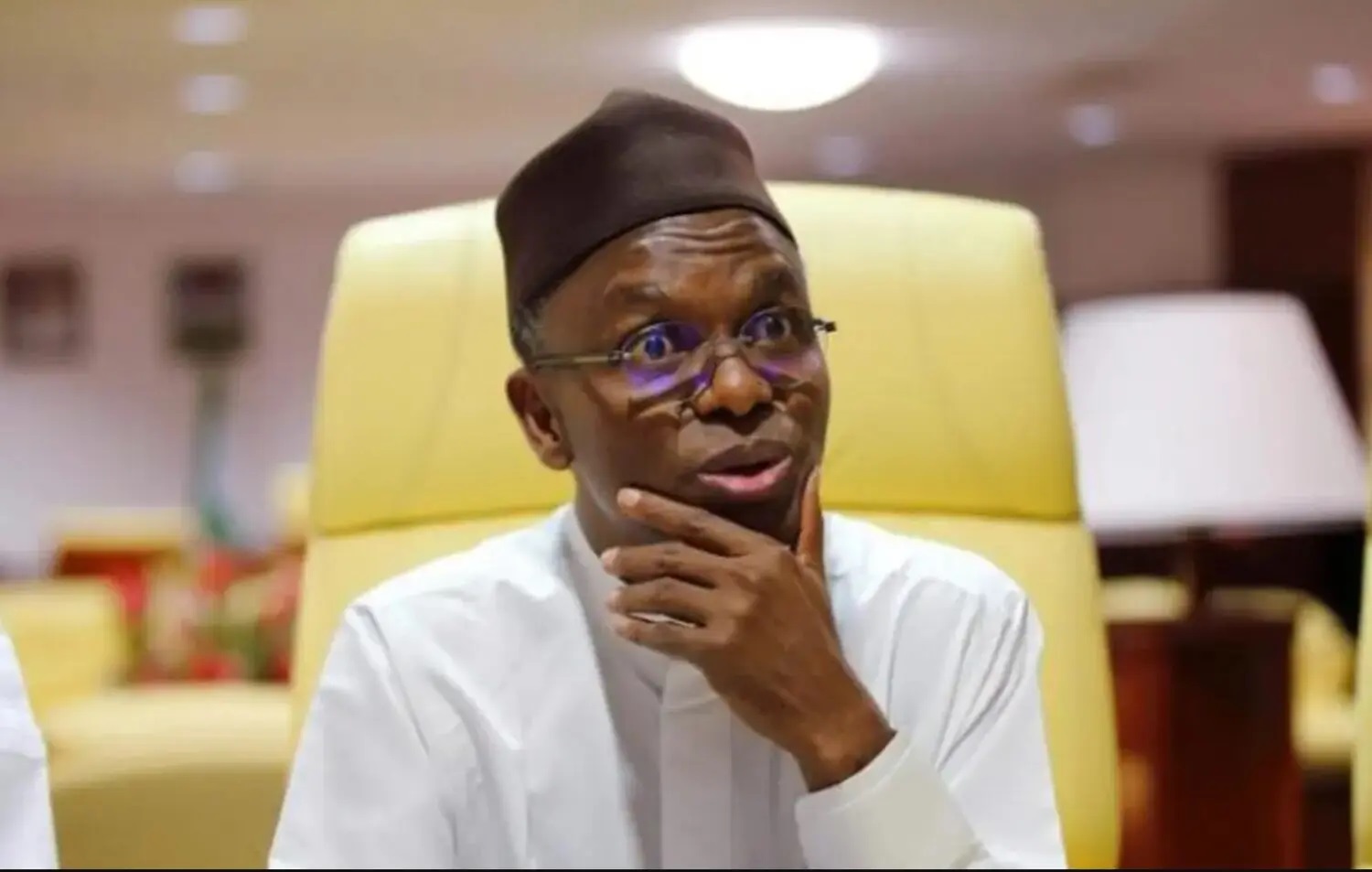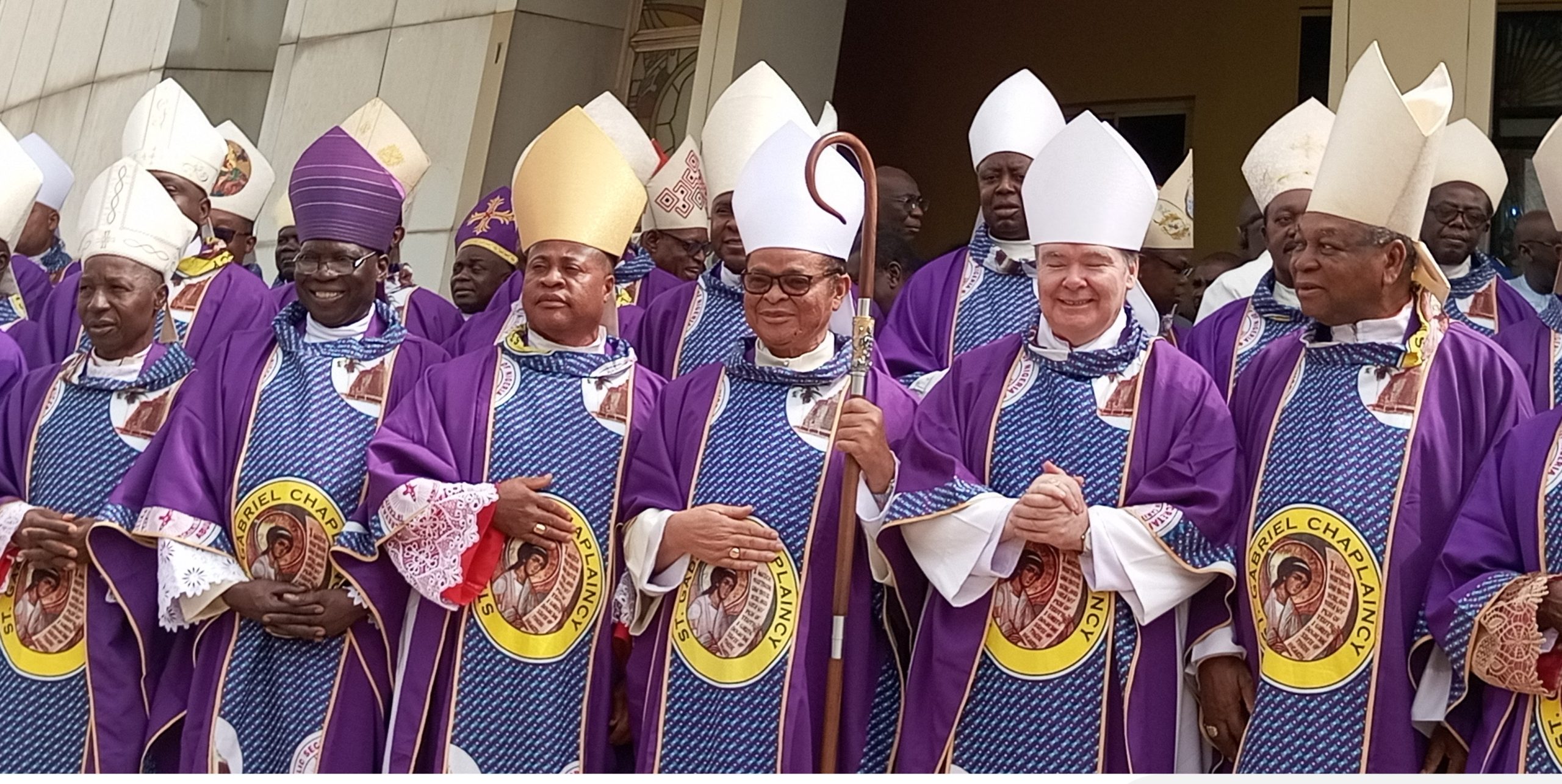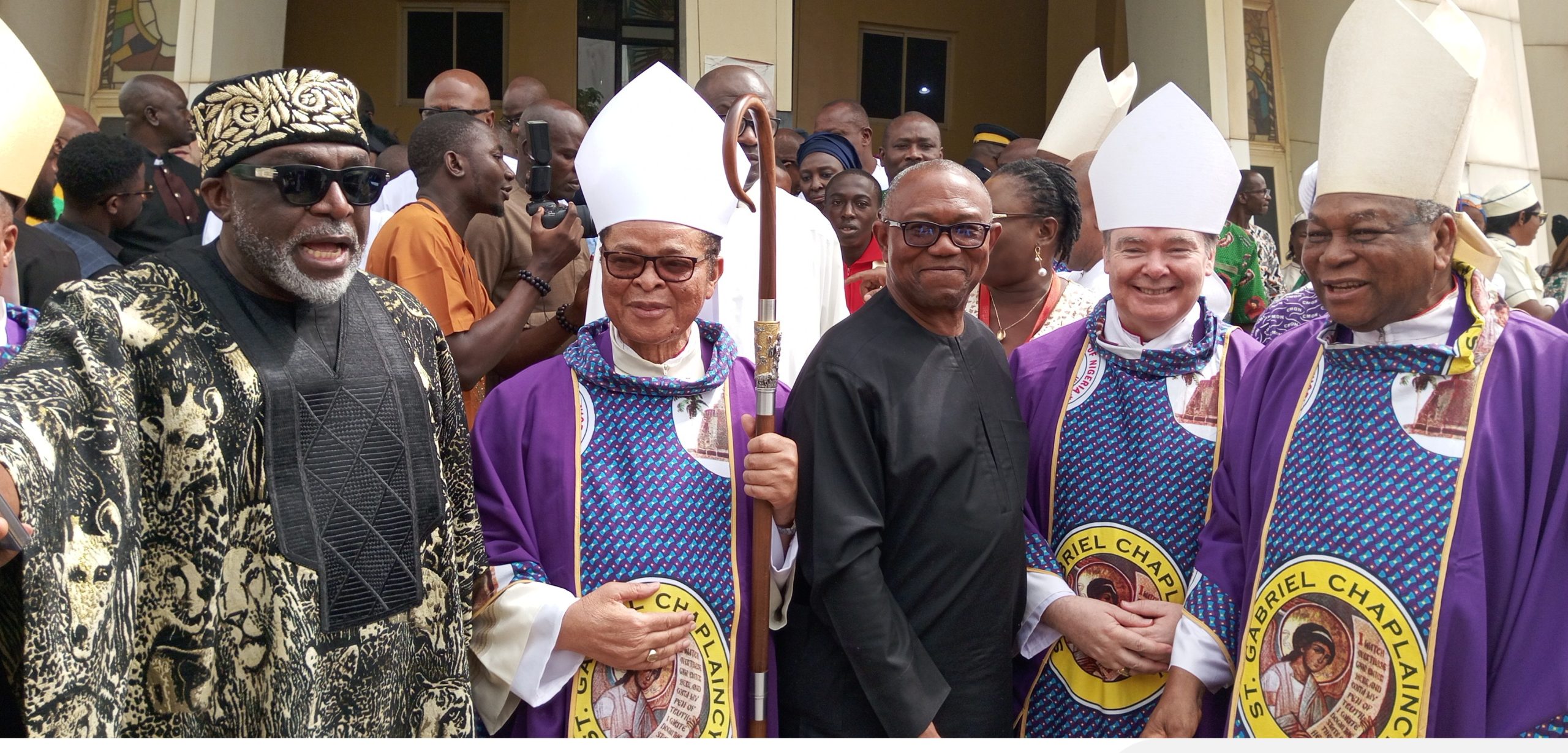The Nigerian Presidency has issued a sharp rebuke to former presidential candidate Peter Obi, dismissing his economic views as lacking in substance and accusing him of prioritising power over policy.
The criticism was delivered by Daniel Bwala, Special Adviser to President Bola Tinubu on Policy Communication, via a post on X (formerly Twitter) on Monday. Bwala’s remarks came shortly after Obi’s appearance on Arise News, where he criticised key economic policies of the Tinubu administration.
Obi, the Labour Party’s flagbearer in the 2023 elections, expressed concern over the federal government’s handling of fuel subsidy removal and the unification of Nigeria’s foreign exchange system. While affirming his general support for these policies, he argued that their implementation lacked structure and transparency.
“If elected, I would have removed the fuel subsidy too, but done so in an organised fashion,” Obi said during the interview. He questioned the government’s management of the savings from the policy shift, urging officials to disclose where the money had been directed.
Bwala, however, was unimpressed. “He seems to have a very shallow knowledge of economics and governance,” he wrote. “Anyone with a rational mind knows they [the opposition] just want to grab power without presenting viable alternatives.”
He also accused Obi of dodging key questions and implied that the Arise News interviewer was overly sympathetic. “The host, a known member of the Obidient movement, kept throwing him lifelines,” Bwala alleged.
Obi has remained an outspoken figure since coming third in last year’s presidential vote, often using media platforms to challenge the government’s approach to economic reform, including inflation and the rising cost of living.
In the interview, he questioned why the funds saved from ending the fuel subsidy had not been visibly channelled into public infrastructure, as previously promised.
“Where are the investments in critical sectors? Where are the visible results of the billions supposedly saved?” Obi asked.
The exchange highlights ongoing tensions between the Tinubu administration and opposition figures, as Nigeria grapples with economic volatility and increasing public scrutiny.





